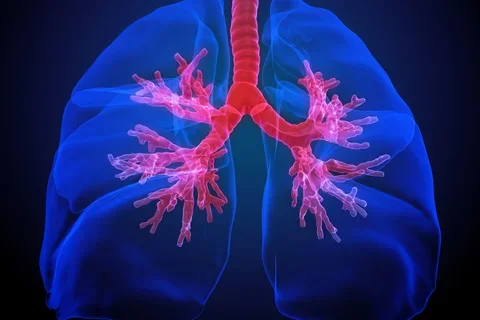Lung Cancer Biomarker Characterization Center

Screened and incidentally detected intermediate risk indeterminate pulmonary nodules (IPN) present a clinical dilemma due to the lack of sensitive and specific approaches for lung cancer detection without invasive tissue sampling. The Boston University - UCLA Lung Cancer Biomarker Characterization Center (BCC) aims to address this by developing and validating innovative minimally-invasive biomarkers that can accurately reclassify individuals from intermediate risk to either low or high risk, thereby reducing uncertainty and transforming the diagnostic workup. The project will:
- Develop and validate biomarkers from nasal swabs, blood, and advanced imaging analysis to determine which intermediate risk lung nodules are cancerous, speeding treatment and minimizing invasive tests.
- Leverage previous EDRN-funded work that established lung-cancer associated gene expression patterns in nasal epithelium as a biomarker, which is now being launched for clinical use by collaborator Veracyte, Inc..
- The BU-UCLA Lung Cancer Biomarker Discovery Lab within the BCC will further improve discrimination by integrating detection of circulating tumor cells (CTCs), blood-based immune biomarkers, advanced imaging biomarkers, and refined nasal gene expression biomarkers.
- Determine if longitudinal biomarker assessment improves lung cancer detection over cross-sectional measurements.
- Refine, standardize, and validate promising assays through the BU-UCLA Lung Cancer Biomarker Reference Lab to advance them toward clinical adoption.
These studies are supported by prospectively collected biospecimens and imaging data from diverse patient populations in large ongoing clinical studies and research programs. The BCC team possesses multidisciplinary expertise to achieve these goals and make significant contributions to the Early Detection Research Network.
Contact PI: William Hsu; Steven Dubinett (UCLA)
Funding Source: NIH NCI



